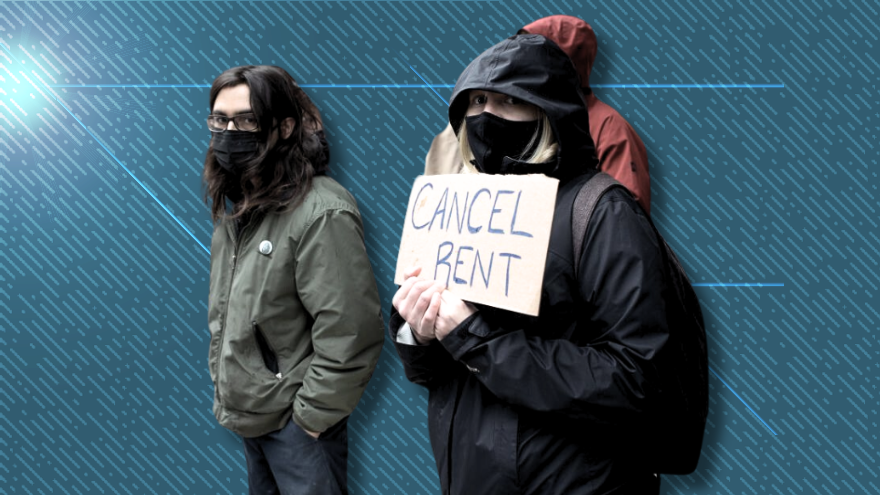Adele Andaloro, who inherited the million dollar home after her parents passed away, was in the process of selling it when she noticed someone had changed the front door and locks to the home. She told ABC 7 News that squatters moved into the home in February and refused to leave. Under New York law, squatters have rights after 30 days. So once tenants — even those residing in the property as a result of illicit means — have been in the property for a month, the property owner must go through an eviction process to remove them. In stark contrast to the Empire State, Florida lawmakers recently passed a bill through both legislative chambers that would allow police to immediately remove squatters. "We went the right way," said Florida homeowner Patti Peeples, a Democrat who experienced issues with squatters in her property. “And Florida, I think, is leading the nation in this quest to approach squatters legally and not use vigilante justice. And that's the way it should be." House Bill 621, which has already been submitted to the desk of Gov. Ron DeSantis, abolishes the doctrine of adverse possession of real property (also called squatters’ rights) and allows property owners to have a police officer immediately remove squatters. Under the new law, a person will be presumed to be a squatter (“transient occupant” in the bill) if they are unable to produce either a notarized lease that includes the name and signature of the owner of the property, or a receipt or documentation showing the person has paid rent to the property owner during the last rent payment period within 60 days. Some legal experts are warning that many renters have neither a notarized lease, nor receipts of payments to owners, and that this definition could be exploited by unscrupulous landlords seeking to evict certain tenants. “What this statute alteration does is it now gives a landlord — potentially one that maybe wants to be a little daring — the ability to say, ‘Well, in the case of non-payment of rent, I'm just going to sign an affidavit to the sheriff saying that they're a transient occupant, and they should be removed without a court's order,’” said attorney Kevin Rabin Under current state law, landlords would usually have to go through lengthy and costly legal procedures before being able to remove a tenant. "That [House Bill 621] gives police the ability to immediately evict squatters. That does not exist in most states, because they're treated as a civil matter," Peeples said. "It also charges squatters with a misdemeanor for squatting or presenting a false lease. And furthermore, it's a felony for them to do $1,000 or more damage to the property."Amid a reignited national conversation regarding property rights, it appears the Sunshine State is poised to pass legislation to limit so-called “squatter’s rights.”
The internet has been on fire after a viral video circulated showing a New York City property owner getting arrested after a tense standoff with alleged squatters whom she has been attempting to remove from her home.
News /
Gov. DeSantis Expected to Sign Bill Protecting Landlords From Squatters
Florida lawmaker says state is 'leading the nation in this quest to approach squatters legally'

*For corrections please email [email protected]*
